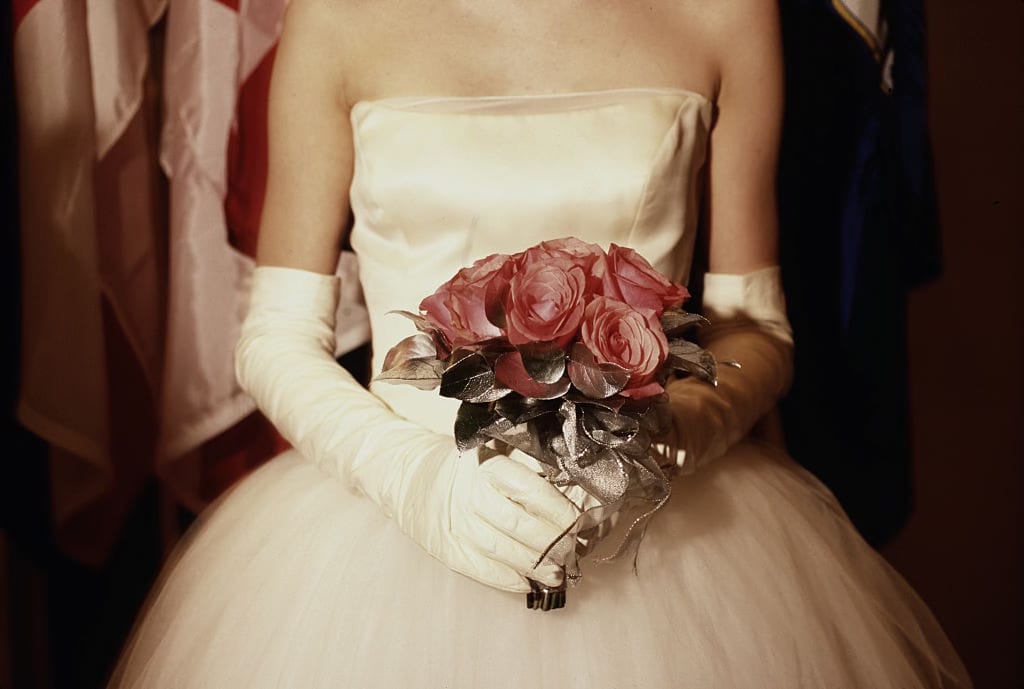Are Americans ready for PJs as everyday wear?
Aside from “PJ days” at elementary schools, wearing pajamas outside of the home remains more of a rarity than the norm.
But one fashion analyst predicts that 2017 will revolutionize the way Americans view their sleepwear, thanks to a longer-term trend of what he calls “casualization” of clothing. In other words, it’s one step from casual Fridays to wearing pajamas as a typical daytime outfit.
Still, it may be baby steps at first, given that NPD analyst Marshal Cohen is predicting that pajamas will become mainstream as “weekend wear,” with adults rolling out of bed and heading to meet friends for brunch in their robes or nightgowns. Yet it’s not any old L.L. Bean vintage flannel nightgown that will do: fashion blogs are pushing high-end items such as Gucci’s $1,750 “new flora” print shirt, which comes with matching bottoms, or Givenchy’s $1,690 floral pajama top.
“The next generation of casualization will mainstream the use of pajamas as weekend wear,” Cohen wrote in a blog post earlier this month. “This is not a new concept – college students have been doing this for years – but now it will be embraced by those who didn’t just have an all-nighter cramming for a final.”
Still, college students aren’t exactly dressing for professional success, which may explain why it’s become acceptable for students to roam around their campuses in PJ bottoms. Some stars and entertainment figures have also turned up to events in PJs, such as “Empire” producer Lee Daniels, who wore light-blue PJs to a press event to promote his show.
Whether those sartorial choices will expand within the adult population -- who have co-workers, families and community members they might not be thrilled to bump into while dressed in pajamas -- remains to be seen.
Aside from the encroachment of PJs into everyday life, Cohen has a few other forecasts for fashion in 2017.
“Footwear fusion,” or the combination of active footwear with more formal shoes, will continue, and consumers will keep splurging on accessories, such keyfobs or wristlets, he said.
Despite the fashion industry’s efforts to convince consumers to spend more, Cohen also predicts another tough year for retailers, especially as millennials continue to prioritize spending on tech gadgets and experiences, such as travel or entertainment.
“The apparel industry will struggle to remain a priority spend, competing for their share of wallet,” he noted. “But it’s not just technology -- apparel will go up against intangible purchases too, as younger consumers seek and spend on services and experiences more than ever.”



